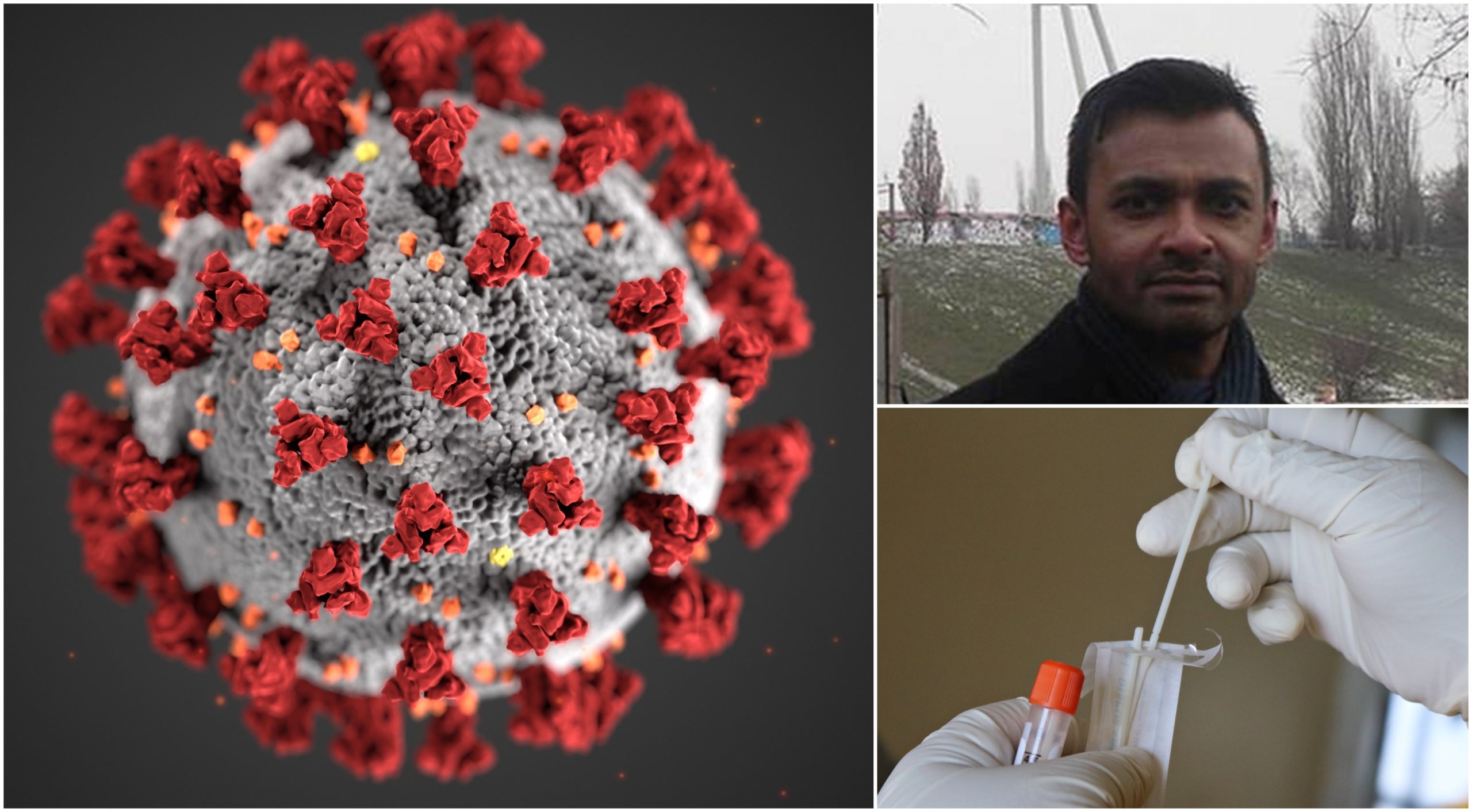Coronavirus is here to stay despite the vaccine rollout says Kingston University’s Senior Lecturer in Haematology and Immunology, Terry Gaymes.
Due to a number of new variants developing, the fight against Covid-19 could be more complicated, but vaccines will still be able to counter them according to the KU lecturer.
“Covid-19 is not going away, it will continuingly change, so there will be new variants and it will be very difficult for the current crop of vaccines to handle them.
“However, every year those manufacturers of vaccines will be developing slight tweakings of the vaccines to keep up with new variants,” Gaymes said.
Despite the new Covid-19 variant found in Kent, the situation remains positive right now due to a number of people getting the vaccine. Gaymes predicts a steady return to normal life as the weather warms.
“Even though we are seeing these new variants, there is enough response from our current set of vaccines. They are still good enough to prevent serious illness and death.
“I don’t think at this moment we will see a third wave or a new lockdown. From now until the summer we are going to see a gradual reduction in the number of infections – due to the vaccines, due to the restrictions we have and when it gets warmer, we are less infectious too.
“I do feel very positive. Compared to other countries, the UK rollout is very fast. The uptake of the vaccine in the older age groups is over 90 per cent. I am very optimistic that we can go back to some sort of normality. It might be May or June before we see our lives starting to go back to normal.
“We won’t see a complete shutdown of Covid-19 and when we get into colder months of autumn, we might see a resurgence, but we will have many people vaccinated and enough new vaccines which will counter new variants,” Gaymes said.
However, the KU lecturer says the return to normal life is a long process.
“There are certain things that need to happen before we return to normality. Everyone who is eligible should take the vaccine, and we know that there are certain groups who are hesitant.
“Also, until we work out how much immunity we gain with the vaccines, we might still have to do social distancing or have restrictions.
“There is no vaccine that is a 100 per cent effective, even the best Pfizer vaccine had 95 per cent effectiveness, that means one in 20 persons is not going to have immunity.
“With new variants, there could be low infection rates even during the summer. People have to be patient,” Gaymes said.

